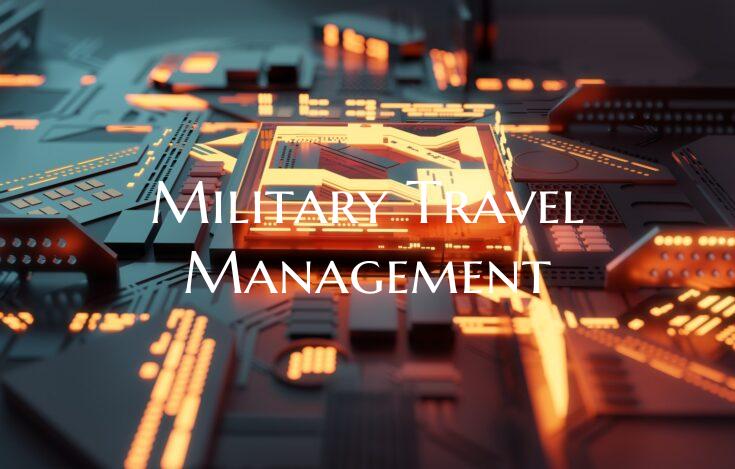Military Travel Management
Introduction: Military travel management is a critical aspect of ensuring smooth operations and mission readiness for defense personnel. In the highly dynamic and demanding environment of the military, efficient and cost-effective travel arrangements are essential to support military missions worldwide. This article explores the key factors involved in military travel management and the strategies employed to optimize travel processes for better operational outcomes.
Challenges in Military Travel Management: Military travel management faces unique challenges that require careful planning and execution. These challenges include the need to coordinate travel for personnel across different regions and time zones, ensuring compliance with government regulations and security protocols, as well as managing costs within budget constraints. Additionally, the nature of military missions often involves last-minute deployments and changes in itineraries, further complicating travel arrangements.
Strategies for Effective Military Travel Management: To address the challenges associated with military travel management, defense organizations implement various strategies to enhance efficiency and cost-effectiveness. These strategies include leveraging technology solutions for booking and managing travel, establishing partnerships with travel agencies and airlines to secure favorable rates, and adopting streamlined approval processes for travel requests. Furthermore, centralized travel management systems enable real-time tracking of personnel, ensuring visibility and accountability throughout the travel process.
Benefits of Optimized Military Travel Management: By implementing effective travel management practices, military organizations can realize several benefits that contribute to overall mission success. These benefits include improved operational readiness through timely deployment of personnel, optimized use of resources to minimize costs, enhanced safety and security for traveling personnel, and increased compliance with government regulations. Moreover, efficient travel management fosters morale and productivity among military personnel by reducing the stress and uncertainty associated with travel logistics.
Conclusion: Military travel management plays a crucial role in supporting defense missions by facilitating the efficient and cost-effective movement of personnel to various locations. By addressing the challenges unique to military travel and implementing strategies to optimize travel processes, defense organizations can enhance mission readiness, ensure compliance with regulations, and achieve significant cost savings. Through effective travel management, military entities can improve operational efficiency and focus on their core mission of defending national security.

